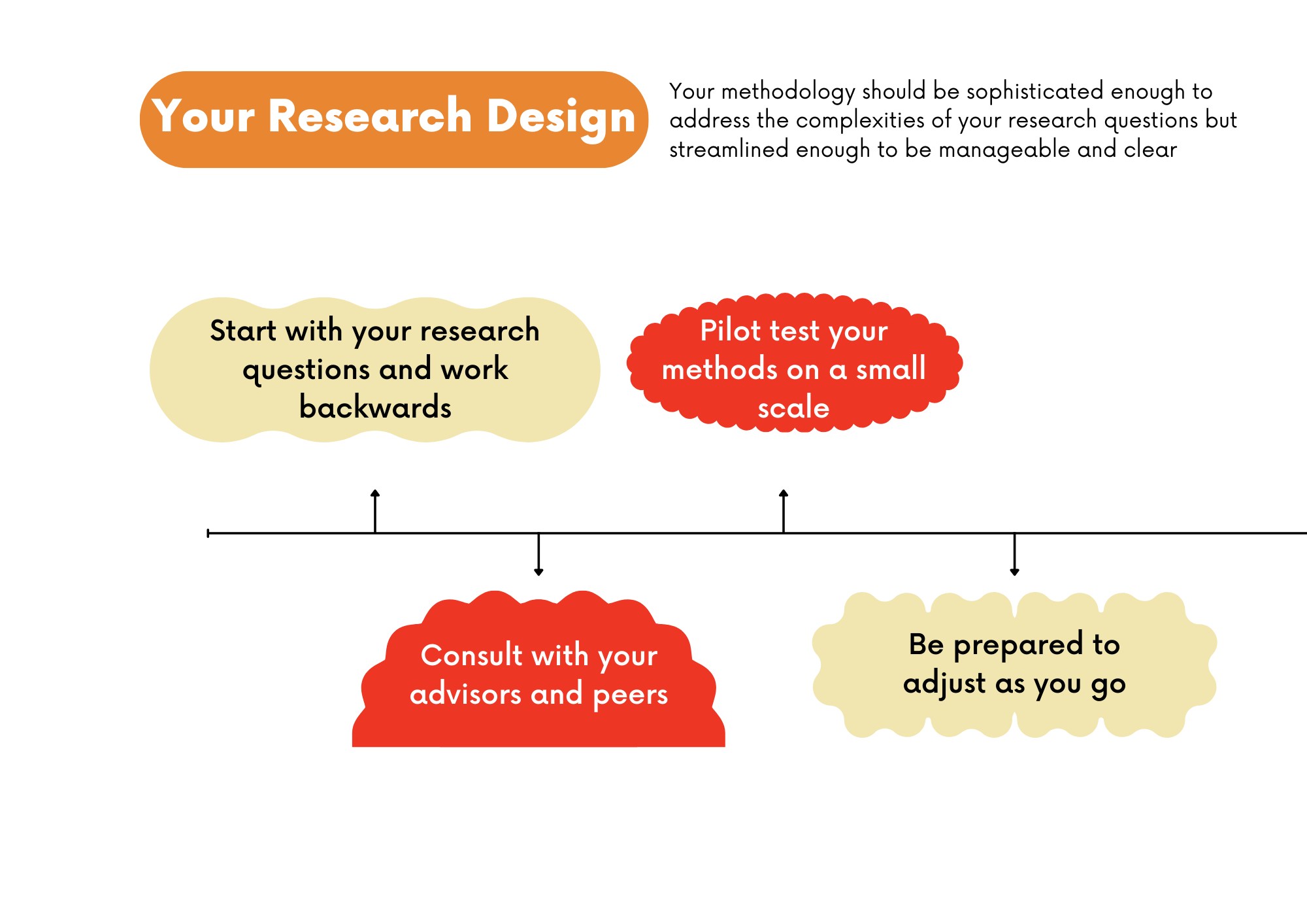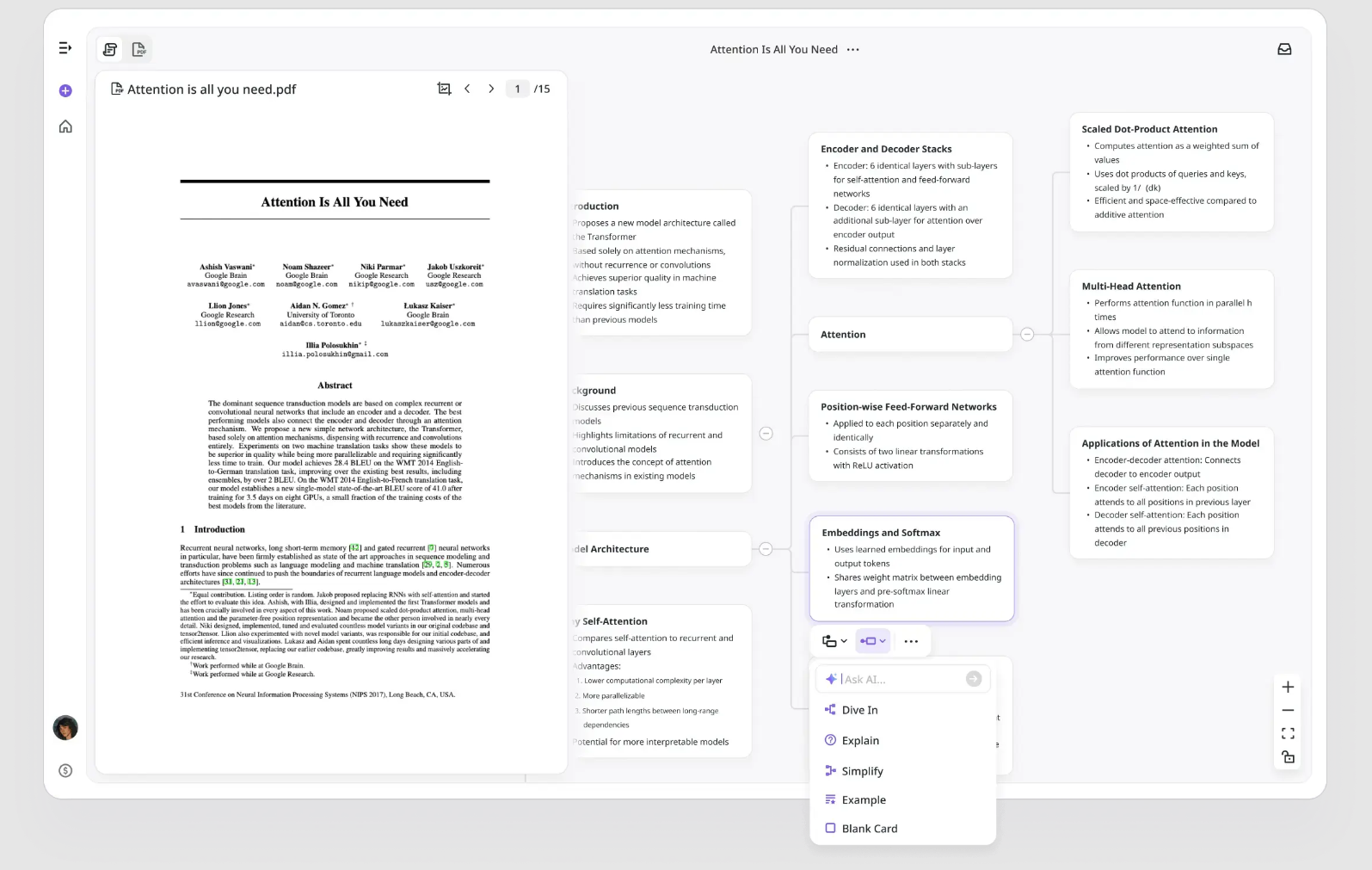
Choosing the Wrong Research Design for Your PhD Study
Misalignment Between Research Questions and Methodology
When embarking on your PhD journey, one of the most critical decisions you'll make is selecting the right research design. It's a choice that can make or break your entire study. The key is ensuring your research design aligns perfectly with your research questions. It's like choosing the right tool for a job – you wouldn't use a hammer to paint a wall, would you?
Your research question is your compass, guiding every methodological decision you make. If you're exploring the lived experiences of climate change refugees, a quantitative survey might not capture the depth of their stories. Conversely, if you're analyzing the economic impact of renewable energy policies across multiple countries, qualitative interviews alone might not give you the big picture you need. The mismatch between your questions and methods can lead to data that doesn't actually answer what you set out to investigate.

Overcomplicating or Oversimplifying Your Research Design
Finding the sweet spot between complexity and simplicity in your PhD research design is like walking a tightrope. On one side, there's the temptation to impress with an intricate, multi-layered methodology. On the other, there's the allure of keeping things so simple that you might miss crucial nuances in your data.
Some PhD candidates create such complex designs that they drown in data, losing sight of their original research questions. Others stick to overly simplistic methods that fail to capture the depth and breadth of their topic. The key is to strike a balance. Your methodology should be sophisticated enough to address the complexities of your research questions but streamlined enough to be manageable and clear.
Here are some tips to help you find that balance:
Start with your research questions and work backwards
Consult with your advisors and peers
Pilot test your methods on a small scale
Be prepared to adjust as you go
Remember, the goal is not to showcase every method you know, but to choose the ones that will most effectively answer your research questions.

Inadequate Literature Review in PhD Research Methodology
Failing to Critically Analyze Existing Research
A comprehensive literature review is the backbone of any solid PhD research methodology. It's not just about summarizing what others have done; it's about critically engaging with existing research to position your study within the broader academic landscape. When you dive deep into the existing literature, you're building the context for your research, identifying gaps in current knowledge, and refining your own methodological approach.
To conduct an effective critical analysis:
Don't just describe studies; evaluate their methodological choices
Look for patterns and contradictions across different research approaches
Question assumptions and biases in existing methodologies
Consider how different methods have shaped the conclusions in your field
Remember, your literature review should inform and justify your methodological decisions. It's not just about what has been done, but about how it's been done and why.
Overlooking Recent Developments in Research Methods
In the fast-paced world of academia, research methodologies are constantly evolving. Failing to stay updated with the latest developments in your field can leave your PhD research feeling outdated before it even begins. Staying current with methodological advancements is crucial. New technologies, analytical tools, and theoretical frameworks emerge all the time, offering fresh perspectives and more efficient ways to tackle research questions.
Incorporating cutting-edge techniques into your PhD research not only enhances the quality of your study but also demonstrates your commitment to advancing your field. It shows that you're not just following in others' footsteps, but blazing new trails in research methodology.
Poor Data Collection and Analysis Techniques in Doctoral Research
Biased sampling Methods in PhD Studies
Sampling is a critical component of many PhD studies, yet it's an area where numerous doctoral candidates stumble. Biased sampling can severely undermine the validity and generalizability of your research findings. It's not just about getting enough participants; it's about ensuring your sample truly represents the population you're studying.
Common sampling errors include convenience sampling, voluntary response bias, and undercoverage. These mistakes can lead to skewed data that doesn't accurately reflect the reality you're trying to investigate. Remember, the quality of your sample directly impacts the quality of your conclusions. A biased sample can lead to misleading results, no matter how sophisticated your analysis techniques are.
Misapplication of Statistical Techniques
Statistics are a powerful tool in PhD research, but with great power comes great responsibility. Many doctoral candidates misapply statistical techniques, either through misunderstanding or in an attempt to make their data fit their hypotheses. This not only compromises the integrity of your research but can lead to false conclusions that may misinform future studies in your field.
Here's a quick guide to help you select and apply appropriate statistical methods:
Research Goal | Appropriate Statistical Methods | Common Pitfalls to Avoid |
|---|---|---|
Comparing Groups | t-tests, ANOVA, MANOVA | Ignoring assumptions of normality and homogeneity of variance |
Examining Relationships | Correlation, Regression | Assuming correlation implies causation |
Predicting Outcomes | Multiple Regression, Logistic Regression | Overfitting models with too many predictors |
Analyzing Categorical Data | Chi-square, Fisher's Exact Test | Using tests designed for continuous data |
Neglecting Ethical Considerations in PhD Research Methodology
Inadequate informed consent Procedures
Ethical considerations are the bedrock of responsible research, and informed consent is at the heart of ethical practice. Informed consent is more than just getting a signature on a form. It's about ensuring that your participants fully understand what they're agreeing to, including the potential risks and benefits of participating in your study.
To ensure robust informed consent procedures in your PhD research:
Develop clear, jargon-free consent forms that explain your study in simple terms
Allow ample time for participants to read and ask questions about the consent form
Consider using multimedia tools to explain complex study procedures
Be transparent about how data will be used, stored, and potentially shared
Emphasize that participation is voluntary and can be withdrawn at any time
Remember, informed consent is an ongoing process, not a one-time event. Be prepared to re-confirm consent at different stages of your research, especially if your study design changes or new risks emerge.
Failing to Address Potential Conflicts of Interest
Conflicts of interest can subtly influence every aspect of your PhD research, from the questions you ask to how you interpret your results. A conflict of interest doesn't necessarily mean your research is compromised, but failing to disclose and manage these conflicts can cast doubt on the objectivity and integrity of your work.
By addressing conflicts of interest head-on, you demonstrate your commitment to research integrity and enhance the credibility of your findings. Remember, the goal isn't to eliminate all conflicts – that's often impossible – but to manage them transparently and ethically.

Leveraging AI Tools for Enhanced PhD Research Methodology
Streamlining Literature Review with AI-Powered Knowledge Mapping
AI-powered tools like Ponder can be a game-changer for PhD candidates. By transforming complex academic papers into interactive knowledge maps, these tools make it possible to grasp key ideas much faster than traditional methods. This isn't just about saving time; it's about enhancing your understanding and ability to synthesize information across multiple sources.

The benefits of using AI for comprehensive and efficient literature analysis are numerous, including rapid identification of key themes and trends, easy comparison of methodologies across multiple studies, and visual representation of complex ideas. By leveraging these AI capabilities, you can conduct a more thorough and insightful literature review, setting a solid foundation for your PhD research methodology.
Improving Data Analysis and Interpretation with AI Assistance
Data analysis is often one of the most challenging aspects of PhD research. AI tools can provide invaluable support by helping you uncover patterns and connections that might not be immediately apparent. This is particularly useful when dealing with qualitative data or trying to synthesize findings from diverse sources.
AI can enhance the accuracy and depth of your PhD research findings through automated coding of qualitative data, advanced pattern recognition across large datasets, generation of visual representations to aid in interpretation, and suggestion of potential correlations or causal relationships for further investigation.
Remember, AI is a tool to augment your analysis, not replace your critical thinking. The insights provided by AI should be a starting point for deeper investigation and interpretation. Your expertise and understanding of the context are crucial in making sense of the AI-generated insights and applying them meaningfully to your research questions.
By integrating AI tools into your PhD research methodology, you're not just working harder – you're working smarter. You're leveraging cutting-edge technology to enhance your analytical capabilities, potentially leading to more robust and innovative findings in your doctoral research.